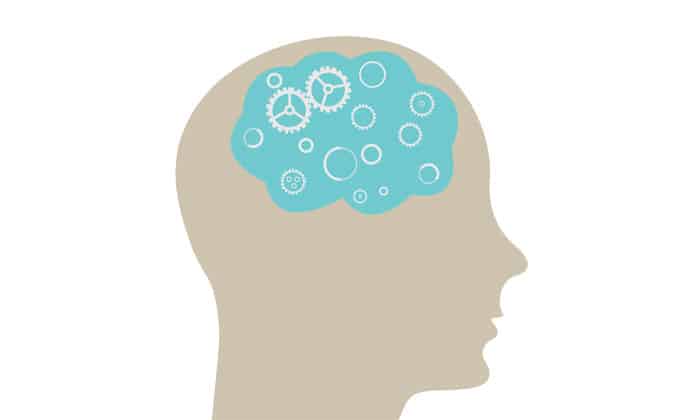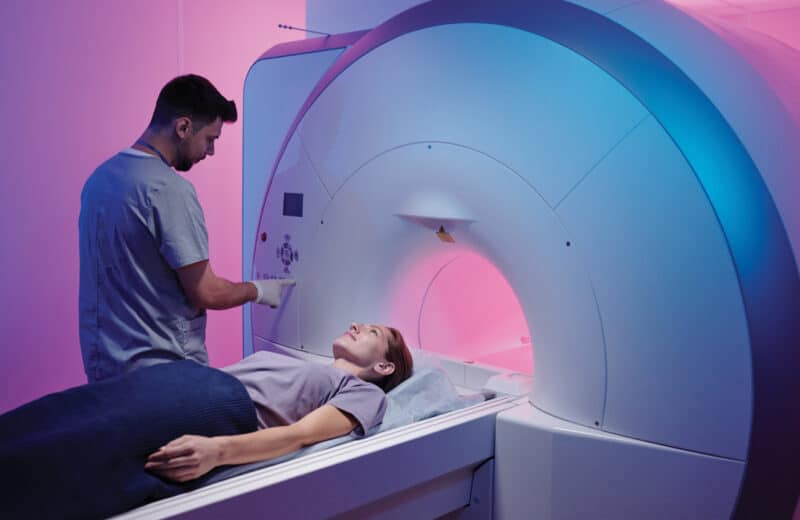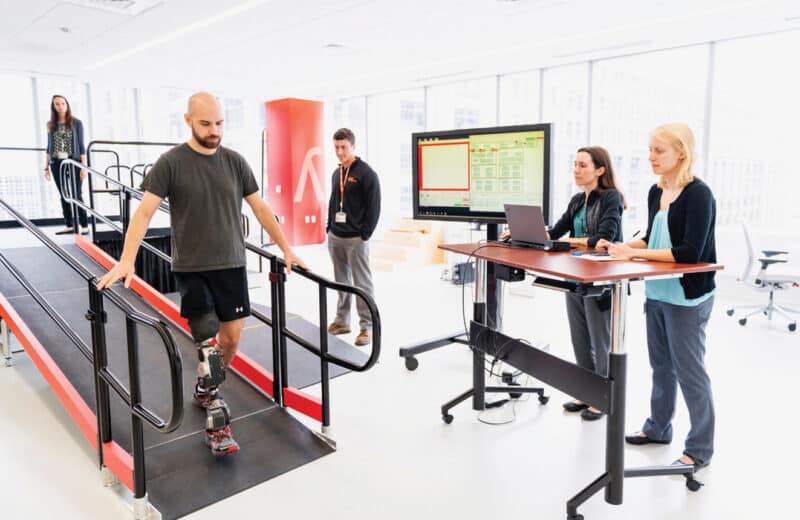The jury’s still out as to whether online brain training works the mind or just the wallet
By Donna Shryer
Online brain-training games promise to make the mind smarter, quicker and stronger. While some studies show cognition gains from brain exercises, others aren’t as supportive, saying that the cognition gains don’t transfer to areas beyond simply playing online games.
Experts have not yet settled on an answer as to whether brain-training games are just smartly marketed gimmicks. Regardless, online brain games are becoming a big business.
Despite lacking definitive proof of the effectiveness of brain games, a report published by SharpBrains, a San Francisco market research firm, makes it clear that the brain fitness industry is a cash cow, achieving more than $1 billion in annual sales in 2012 and forecasted to reach $6 billion by 2020.
If you look solely at sales, it’s game on for online brain training. Medical experts, however, are more likely to deliver a strong maybe.
Intelligent Design
Several recent journal studies suggest that these games may provide cognitive enhancements and improve your skills for the task at hand. So, if you repeatedly do one language task, you’ll get pretty good at that one language task.
“The devil is in the details,” cautions Sian L. Beilock, PhD, author of the book Choke: What the Secrets of the Brain Reveal About Getting It Right When You Have To and psychology professor at The University of Chicago. “The question is, can that skill translate into something reliable and important in daily life? If the game only affects how you play the game, you could argue that it’s not a meaningful exercise.”
Some studies show that the skills may have broader applications. Beilock cites a small study at the University of Geneva, Switzerland, cognitive neuroscience laboratory. The study found that first-person shooter video games, centered on gun and projectile weapon-based combat through a first-person perspective, increase the brain’s visual attention skills over a wide range of events beyond the game itself, meaning that players learn to see more details around them.
“If we translate that to real life, you could argue that this is a meaningful skill. For example, when driving a car, you can see more going on in the street,” Beilock suggests.
The Name of the Game
Take a look at big-name brain-game websites, such as Cogmed, Nintendo and Lumosity, and you’ll see declarations that cognition exercises unequivocally enhance memory, attention and processing skills, resulting in improved intelligence and brain function.
Lumosity, with more than 50 million members in 182 countries, promises scientifically designed training to improve working memory, visual attention and executive function. To support this claim, Lumosity researchers cite the Advanced Cognitive Training for Independent and Vital Elderly (ACTIVE) study, funded by the National Institutes of Health, which showed that after 10 years, participants in groups that received cognitive training reported less difficulty in conducting activities of daily living than those in the control groups, which received no training.
“It’s the largest randomized control trial ever done on cognitive training,” says Joe Hardy, PhD, vice president of research and development at Lumosity. “The ACTIVE study suggests that even limited cognitive training may lead to sustained improvement in targeted cognitive abilities over long periods of time, and that these gains may transfer into improvements in everyday life.”
However, at the end of the trial, all groups showed declines from their baseline tests in memory, reasoning and speed of processing, although participants who received training in reasoning and speed of processing experienced less decline than those in the memory control groups. In addition, the study could not say whether cognitive training “would truly allow older people to live independently longer.”
The Game’s Not Over
Computer-based brain training is a promising intervention for maintaining and improving cognitive function in healthy and perhaps mildly impaired individuals, says Steven Novella, MD, neurologist, assistant professor at Yale University School of Medicine and founder of the sciencebasedmedicine.org blog.
“The claim that brain training makes you generally smarter is not supported by evidence,” Novella says. “There’s no question that you become better at the specific task you’re doing, but how far afield do those skills transfer? That’s where it gets controversial.”
In addition, Novella says, studies indicate that computer-based brain training does not produce significantly different outcomes from traditional pencil- and paper-based training. “What I’m arguing is that there’s no proof that brain-training products are magically more effective at making you smarter than anything else we do to learn,” Novella says.
Regardless, most activities that stimulate the aging brain are likely helpful.
“Anything you can do to keep active, motivated and engaged is beneficial,” Beilock says. “There’s evidence that older adults who stay mentally and physically stimulated tend to be more mentally fit. But the jury is still out as to the best way to do that.”













